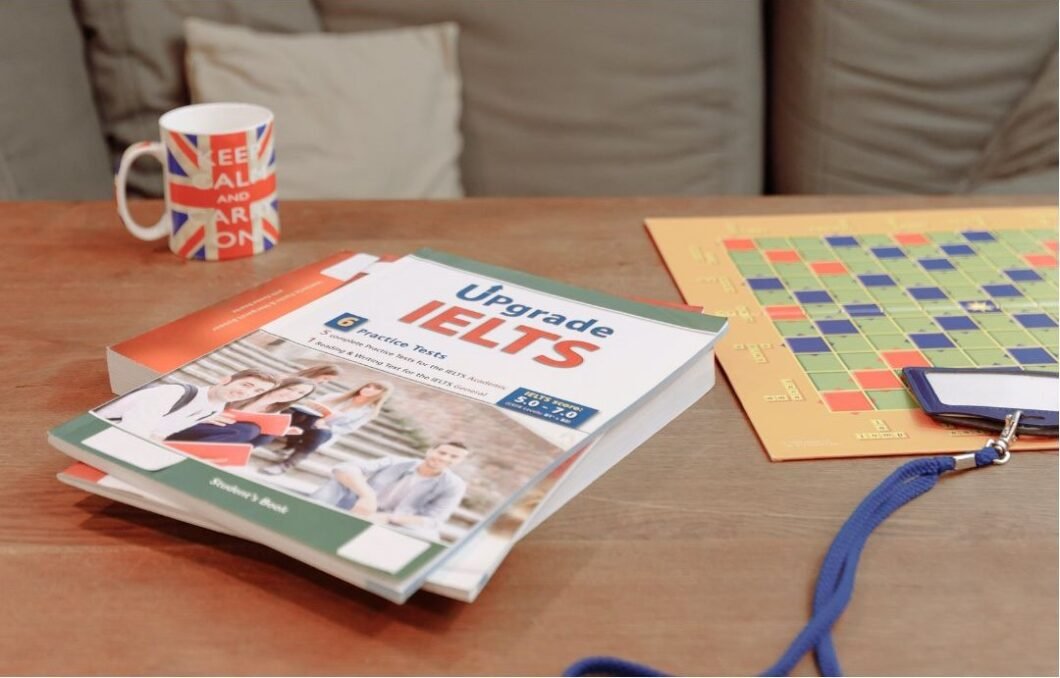You can almost taste the ‘exclusive’ nature of the boys’ club feel, can’t you?
Of course, it is difficult to get 8/9 in Reading and Listening modules. When has it been easy to score the maximum in an examination? But it is not impossible to do so. So many of my students have achieved 9 in more modules than one. And they continue to do so at regular intervals, even as I look on in awe and admiration of their talent.
You are all talented individuals and can achieve nearly insurmountable odds if gently nudged in the right direction. Study a little a day. Every day. And you will be surprised how far down the road to success it will take you. Regular practice in a sustained manner on authentic material is the need of the hour.
Remember, Excellence is a Habit. It takes time. But if you do it regularly, it is inevitable.
Reading & Listening
9 in Academic Reading means you have the luxury of making 1 mistake out of 40 questions. If you are attempting General IELTS, then Reading must be a perfect score (40/40) to get a 9 band. Listening too allows you to make no more than 1 mistake. And this applies to both Academic and General Training variants of the exam.
Approach
You need to practice for 1–1.5 months. Attempt 13/14 questions every day. Aim for accuracy. Do not aim for speed initially. Speed is a function of practice. The more you do your homework, the faster your speed will become as your brain learns to recognize definite patterns. In the beginning, thoroughly learn how to master the various question types and then try to get them right every time. If you make an error, analyze your response and try to find out where and why you were wrong. The final 12 days before the IELTS test should be dedicated to attempting mock tests under exam conditions.
Books
Cambridge IELTS 5–17: you can’t afford not to work from these authentic sample papers. They will provide you with 60+ full tests. Even if you keep aside 12 tests for full test practice (Books 15–17), you will still be left with close to 40 tests. That’s material enough for nearly 4 months, if done the way I have suggested
Speaking & Writing
IELTS Speaking as well as IELTS Writing are much more difficult to master, since your prep time will depend on your current level of Spoken English proficiency. However, assuming that your main problem is ‘hesitating’ while explaining situations that are not everyday ones, I would say that you will need about 2 months of preparation. First, make it a point to speak every day. With someone who is a good English speaker. Don’t concentrate on being grammatically correct. If you do that, you may very well become conscious and developing fluency in the near future can become next to impossible. Also, questions asked to you should be from those which are usually asked in the actual exam. Look at the speaking pages in each Cambridge book. You will have 4 speaking pages/book. 52 pages of speaking in 13 sample books. What more do you need?
Along with regular speaking (30 minutes/day will do), use the tv as your friend. Just switch on the news in low volume and just go about your business. Let English words and expressions seep in. It is very important to listen to English conversation too. Don’t do anything that will make your response artificial.
Remember, it is easy to decide that you will speak in a particular way when asked a particular question. Problem is, you get less than a fraction of a second to respond and if you start looking at the ceiling for inspiration, you don’t do yourself a favor.
IELTS Writing is the most difficult module of the four. A 9 in writing is difficult for most people. You need to be exceptionally good at it. No one can teach you to get a 9 in writing. You either possess that flair, or you don’t. However, through our IELTS Writing classes, we can teach you about those unchanging principles that inform good writing, explain the different types of IELTS Writing questions that may face in the exam, teach you how to tackle them, and provide you with detailed IELTS writing paper checking facility.
Don’t fret, any score between 7 and 8 should serve most purposes. Books by Sam McCarter and Simone Braverman; the good old Wren & Martin and Nesfield; high scoring writing examples towards the back of the Cambridge sample papers – they are really good resources to develop your writing skill. Once you know the structure, write the task 1 and the task 2 and then ensure that they are checked by someone who has a grasp over the language. Please avoid shortcuts and quick fixes. They will NEVER get you high scores.
So, difficult, yes. Impossible, no. The magic score is “at hand”. With humility and steely determination, reach out for it.
Join the club, fellows!
